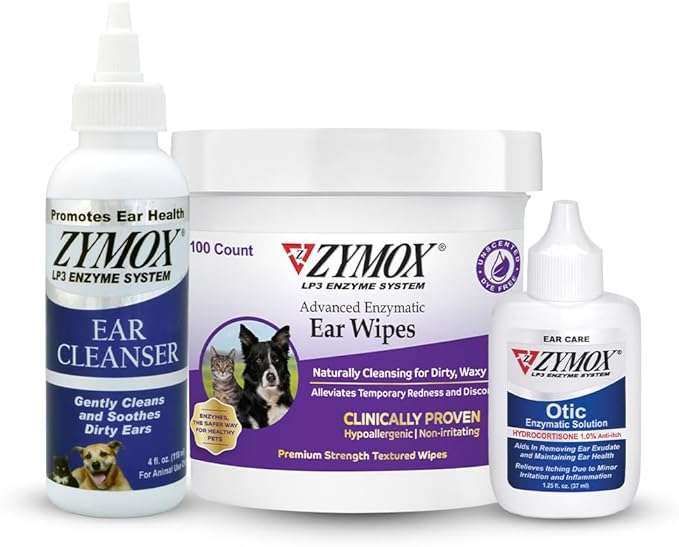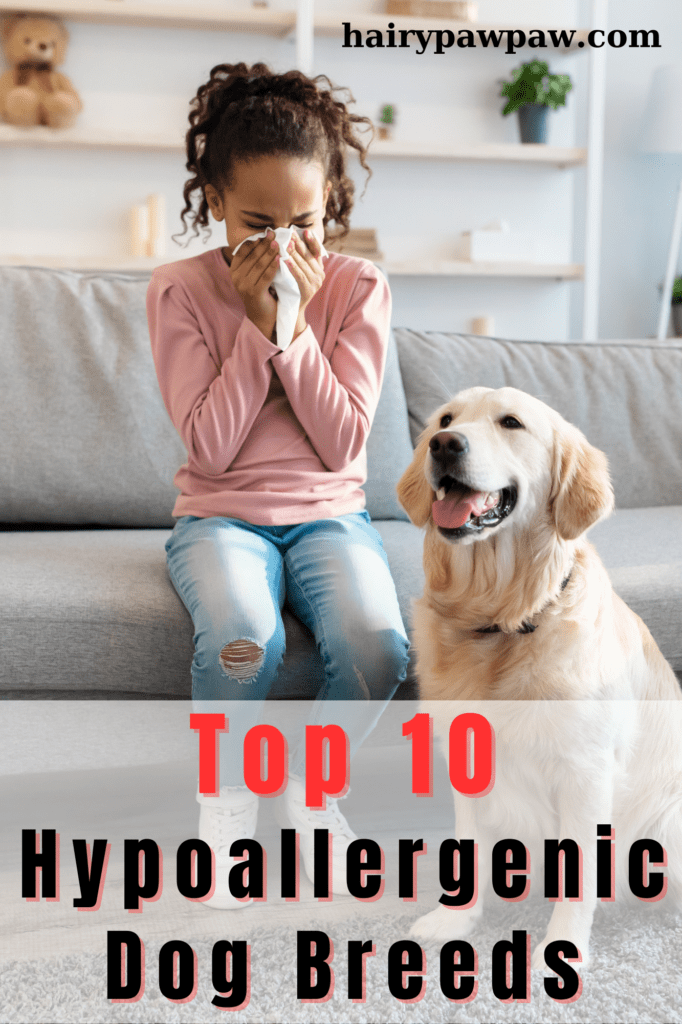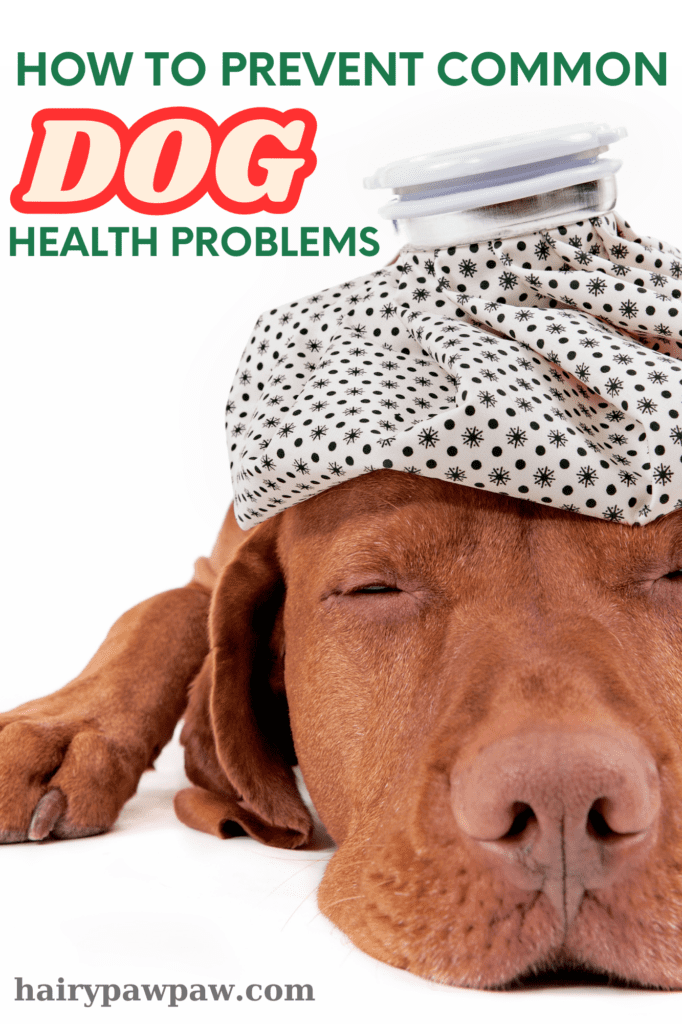10 Common Dog Health Issues and How to Prevent Them
This post may contain affiliate links, which means I’ll receive a commission if you purchase through my link, at NO EXTRA COST TO YOU
Keeping your dog healthy means knowing which health issues they may face and taking proactive steps to prevent them. While some illnesses develop unexpectedly, many can be avoided through good care. Below, we’ll explore ten common dog health problems and provide detailed strategies for preventing them.

1. Obesity
Obesity is one of the most frequent health issues in dogs. Excess weight leads to several complications, including diabetes, heart disease, and joint problems. Dogs that become overweight struggle with energy and develop a higher risk of early arthritis.
Prevention Tips:
- Feed balanced meals according to your dog’s size and activity level.
- Avoid overfeeding treats, even healthy ones.
- Exercise your dog daily through walks or playtime.
- Monitor their weight regularly and adjust food portions if needed.

2. Dental Disease
Poor dental hygiene results in gum disease, tooth loss, and even infections spreading to other organs. By the age of three, many dogs already show signs of dental problems. Neglecting oral care allows bacteria to accumulate, leading to painful conditions.
Prevention Tips:
- Brush your dog’s teeth several times a week with pet-safe toothpaste.
- Provide dental chews to reduce plaque buildup.
- Schedule annual dental cleanings with your vet.
- Monitor for bad breath or difficulty chewing—these often signal dental trouble.

Dog Dental Care: Keep Your Dog’s Teeth Healthy!
When it comes to your dog’s overall health, dental care often gets overlooked. However, maintaining your dog’s oral hygiene is just as crucial as their diet, exercise, or grooming routine. Not only does dental care help prevent bad breath, but it also protects your dog from more serious health issues, such as infections and tooth decay.
3. Ear Infections
Dogs, especially those with floppy ears, frequently develop ear infections. These infections cause pain, itching, and in severe cases, hearing loss. Moisture and trapped debris create the perfect environment for bacteria and yeast to grow.
Prevention Tips:
- Clean your dog’s ears weekly with vet-approved solutions.
- Keep ears dry after baths and swimming.
- Regularly check for redness, odor, or discharge.
- Trim hair around the ears to improve airflow.
4. Allergies
Allergies cause itching, redness, and discomfort. Dogs develop allergic reactions to certain foods, pollen, dust mites, or flea bites. Scratching can lead to secondary infections if left untreated. Identifying and managing triggers plays a vital role in controlling allergies.
Prevention Tips:
- Use flea preventatives regularly to avoid flea-related allergies.
- Feed high-quality, allergen-free dog food.
- Wash bedding and vacuum often to minimize dust mites.
- Bathe your dog with hypoallergenic shampoos to soothe skin.
5. Parasites
Internal and external parasites like worms, fleas, and ticks pose significant health risks. Fleas cause itching and allergic reactions, while ticks transmit diseases like Lyme disease. Internal parasites, including roundworms and hookworms, affect digestion and overall health.
Prevention Tips:
- Use flea and tick preventatives year-round.
- Schedule regular deworming treatments.
- Check for ticks after outdoor activities.
- Keep your home and yard clean to reduce flea infestations.
6. Joint Problems
Older dogs and larger breeds often experience joint issues such as arthritis or hip dysplasia. Stiffness, pain, and reduced mobility are common symptoms. If left unchecked, joint problems worsen over time, significantly affecting your dog’s quality of life.
Prevention Tips:
- Provide joint supplements like glucosamine early in life.
- Maintain a healthy weight to reduce stress on joints.
- Encourage gentle exercise to keep muscles strong.
- Use orthopedic beds to support joint health.
7. Skin Infections
Skin infections develop due to bacteria, fungi, or allergies. Dogs may scratch excessively, causing open sores that become infected. Untreated skin issues often lead to more severe conditions, including chronic infections.
Prevention Tips:
- Bathe your dog regularly using gentle shampoos.
- Dry their coat thoroughly after baths or swimming.
- Address underlying allergies that may trigger skin issues.
- Keep your dog’s living area clean and dry.
8. Urinary Tract Infections
UTIs cause discomfort, frequent urination, and accidents indoors. If untreated, infections may spread to the kidneys. Dehydration, bladder stones, and poor hygiene often contribute to UTIs.
Prevention Tips:
- Ensure your dog always has access to fresh water.
- Take your dog out frequently to prevent bladder strain.
- Clean your dog’s genital area after outdoor activities.
- Monitor for signs of discomfort, such as whining while urinating.
9. Respiratory Problems
Dogs suffer from respiratory issues, including kennel cough and bronchitis. These conditions spread easily in environments where many dogs interact, such as parks and boarding facilities. Breeds with flat faces, like Bulldogs, also face breathing difficulties.
Prevention Tips:
- Keep your dog’s vaccinations up to date, especially for kennel cough.
- Avoid exposing your dog to smoke or strong odors.
- Use a harness instead of a collar to reduce airway pressure.
- Limit outdoor activities during extreme weather.
10. Heartworm Disease
Heartworm disease, transmitted by mosquitoes, leads to severe lung and heart damage. If not treated early, it can become fatal. Unfortunately, heartworm infections show no visible symptoms until the disease has progressed significantly.
Prevention Tips:
- Give your dog monthly heartworm preventatives.
- Avoid mosquito-heavy areas during peak seasons.
- Test your dog annually for heartworms.
- Follow your vet’s recommendations for year-round protection.
Conclusion
Preventing common dog health problems requires ongoing care and attention. Regular vet visits, good nutrition, proper hygiene, and exercise all play essential roles. By staying vigilant and following these preventive measures, you can ensure your dog remains healthy, happy, and active. Prevention takes time and effort, but the reward is a long and joyful life with your furry companion.








